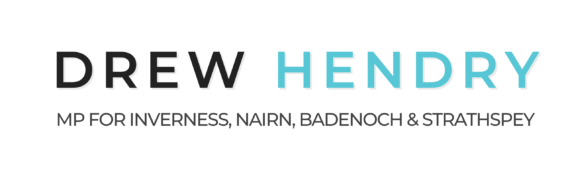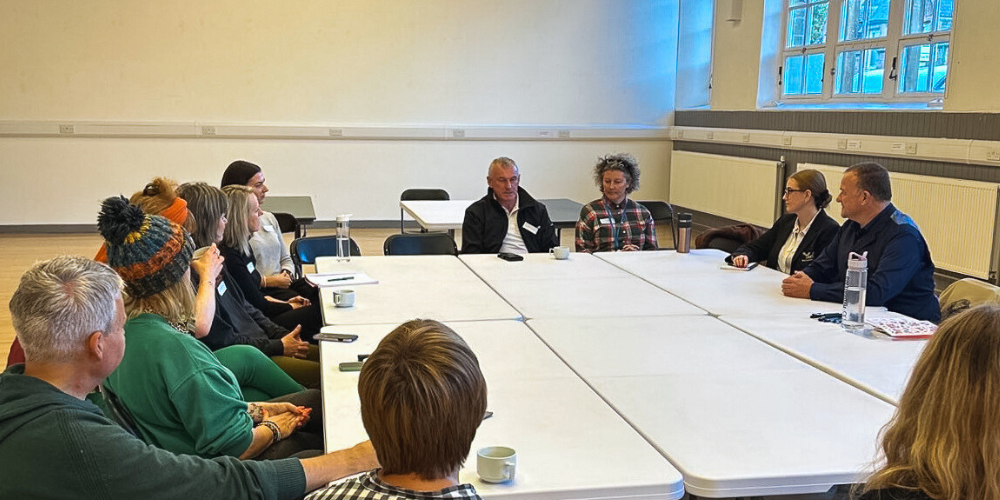As the autumn leaves begin to fall, the stark reality of winter’s approach is becoming ever more apparent. The days are growing shorter; soon, the clocks will fall back an hour, it will get colder as it does every year, but, once again, it gives us some things to think about.
One helpful initiative is the official launch of SafeKab, a timely beacon of safety amidst the encroaching darkness. Created by Inverness Taxis owner Gavin Johnston, this app is a step towards bolstering the feeling of safety for individuals on our streets, whether walking or taking a taxi home. With features allowing a loved one to track your journey home or alerting nearby taxi drivers to an emergency at the tap of a button, SafeKab is a testament to proactive community safety measures. Recently, I had the privilege of chairing a focus group event discussing women’s safety in public spaces. The event underscored the critical need for more strong female voices in politics to drive meaningful change, even as technical solutions like SafeKab emerge.
The cessation of the UK Government’s energy support package last March has left a cold draft in many homes. Amidst a backdrop of stagnant wages, soaring mortgage rates, and still rampant inflation, I’ve been urging the government to reintroduce, at the very least, last winter’s energy support. The need is more acute now than ever.
Westminster controls energy policy and, as a result, we already pay higher standing charges in the Highlands, around 60 pence per day, than, for example, London, at around 40 pence per day, with a higher charge per unit than the UK average, despite exporting far more electricity than we can use. That is before we even consider the high number of people who must pay through the nose for heating oil and LPG gas because they are not on the gas grid. It all adds up to some really challenging times for many of our people.
It simply isn’t acceptable for the UK Chancellor to refuse to change the way these prices are calculated to reflect the abundance of energy we produce – or to fail to introduce support measures to balance some of these costs. There must be a recognition that the situation is both unfair and, often punishing for the increasing amounts of folk who simply can’t afford it. I will continue to make this case on your behalf.

